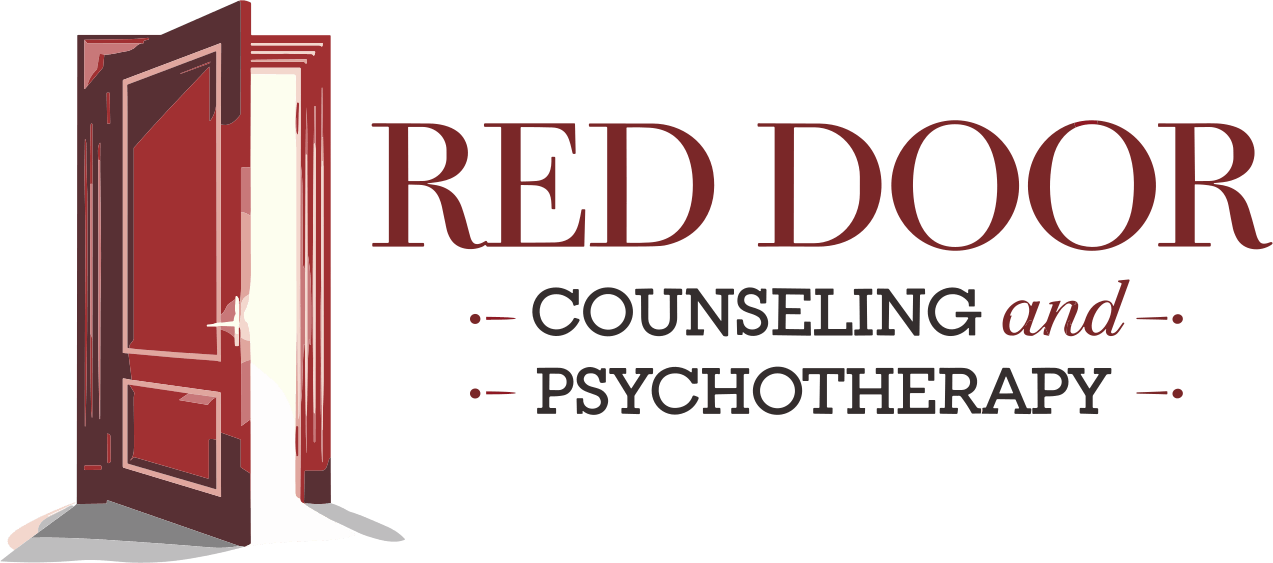
How Therapy Can Help You Overcome Loneliness and Isolation in a Post-Pandemic World
If you’re feeling lonely or disconnected, you’re not alone. The COVID-19 pandemic brought isolation and disrupted many of our social patterns, leaving countless people struggling to reconnect, even as things have returned to “normal.” Social distancing, remote work, and reduced in-person interactions may have made it difficult to stay in touch or make new connections. And for some, returning to social settings has triggered anxiety, awkwardness, or even more loneliness.
In therapy, we work together to explore how you’re feeling, what’s keeping you isolated, and the steps we can take to help you connect with others. Therapy offers a unique space to explore these feelings in a safe, nonjudgmental environment where we can work on building the confidence, skills, and resilience to reach out meaningfully.
1. Identifying Your Triggers for Loneliness
When we work together, we’ll look at specific triggers that might be making you feel isolated. Loneliness often has a pattern, tied to life events or personal circumstances. For example, a recent move, job change, breakup, or a shift in friendships can all contribute to these feelings.
Once we identify what’s influencing your loneliness, we can start to reframe how you approach these situations. The goal is to help you feel more in control, empowered to make choices that bring connection instead of isolation.
2. Working Through Negative Thoughts
Many times, loneliness is accompanied by self-doubt or negative beliefs that reinforce the feeling of being alone. In therapy, I help you identify and challenge these patterns of thinking. For example, thoughts like, “No one really wants to be around me” or “I’m not interesting enough” create a cycle of withdrawal, making it harder to connect.
Together, we can address these thoughts, building a more compassionate and accurate way of viewing yourself and your relationships. Changing these thought patterns will help you approach social situations with more confidence and openness.
3. Building Social Skills and Confidence
If you feel rusty in social situations or just unsure of how to connect, we’ll work on building those skills. This might involve practicing active listening, learning how to start conversations, or even role-playing situations you find challenging. Many clients find this part of therapy particularly empowering, as they start to feel better equipped to navigate social settings.
For some people, it can help to start with small, achievable social goals, like making small talk with a neighbor or reconnecting with an old friend. Step by step, we’ll build up to help you feel more comfortable in larger social gatherings or new situations.
4. Exploring Your Core Beliefs and Attachment Style
Sometimes, loneliness is rooted in our beliefs about relationships, often influenced by early life experiences. We each develop an attachment style that affects how we relate to others, whether we lean toward closeness or tend to distance ourselves out of self-protection. Exploring these attachment styles can help us understand why we may avoid relationships or struggle to connect.
As we unpack these patterns together, you may find that new insights open up a pathway for creating stronger, healthier relationships that feel safe and fulfilling.
5. Connecting Through Group Therapy
If you’re looking for a place to connect with others who understand what you’re going through, group therapy may be a good option. In group therapy, you’ll meet with others who also want to build connections, practice social skills, and share their experiences in a supportive space. This can be incredibly validating and a helpful step in learning how to connect with others.
Group therapy can also provide you with immediate, supportive feedback from both me and other group members. You’ll find encouragement and shared understanding, helping you feel less alone in your journey. I can assist you in finding the right group for you.
6. Practicing Mindfulness and Self-Compassion
For many people, loneliness is accompanied by harsh self-criticism or shame. You might feel like there’s something “wrong” with you for feeling lonely, or that you’re somehow unworthy of connection. In our work together, we can explore mindfulness and self-compassion practices that allow you to observe your thoughts and feelings without judgment.
Mindfulness helps you stay present with these feelings, while self-compassion encourages a kinder, more forgiving view of yourself. Learning to be your own ally can create a stronger foundation for building relationships with others.
7. Reconnecting with Yourself First
When loneliness leaves you feeling disconnected from your own emotions, goals, or sense of identity, it can be harder to connect with others. Therapy encourages self-reflection, helping you explore your values, interests, and needs. Sometimes, feeling lonely can stem from not knowing yourself well enough to choose relationships that align with who you are.
As we work to rebuild that self-connection, you’ll be in a better place to seek out people who resonate with you, leading to more authentic and fulfilling relationships.
8. Processing Past Trauma or Emotional Pain
If you’re carrying emotional pain or trauma from the past, it can create barriers to connection. Whether it’s a fear of rejection or a deep-seated mistrust of others, therapy can help you process and release these wounds. Trauma-informed approaches like EMDR can provide ways to work through these experiences safely and effectively.
As you work through this pain, you’ll likely find it easier to trust and engage in relationships without the old patterns holding you back.
9. Setting Social Goals and Creating Routines
Sometimes, loneliness and isolation can come from a lack of structure in your social life. Therapy can help you set intentional social goals—joining a community group, volunteering, or reconnecting with family, for example. By building routines around social connection, you’ll have regular, fulfilling interactions that counteract loneliness.
We’ll set goals that align with your comfort level, and as you gain confidence, we can adjust and build on them over time. Small changes often make a big difference, helping you feel connected and supported by a growing network of relationships.
- Journaling for self-reflection and tracking social goals.
- Engaging in hobbies or joining local clubs to connect with others around shared interests.
- Staying physically active with group sports, fitness classes, or outdoor activities, which can help you meet new people.
- Volunteering to feel more connected to your community.
- Gratitude practices to shift focus to the positive aspects of your relationships
Together, these practices reinforce the insights and skills you gain in therapy, creating a holistic approach to reducing loneliness and fostering a sense of belonging.
As you open up, you may find that people respond to your honesty and vulnerability with understanding and warmth, helping you experience relationships in a more meaningful way.
With patience and time, loneliness doesn’t have to define your life. Therapy can help you take the steps to find meaningful relationships and experience a renewed sense of belonging. Through this journey, you can create a life filled with connection, support, and community—one step at a time.
